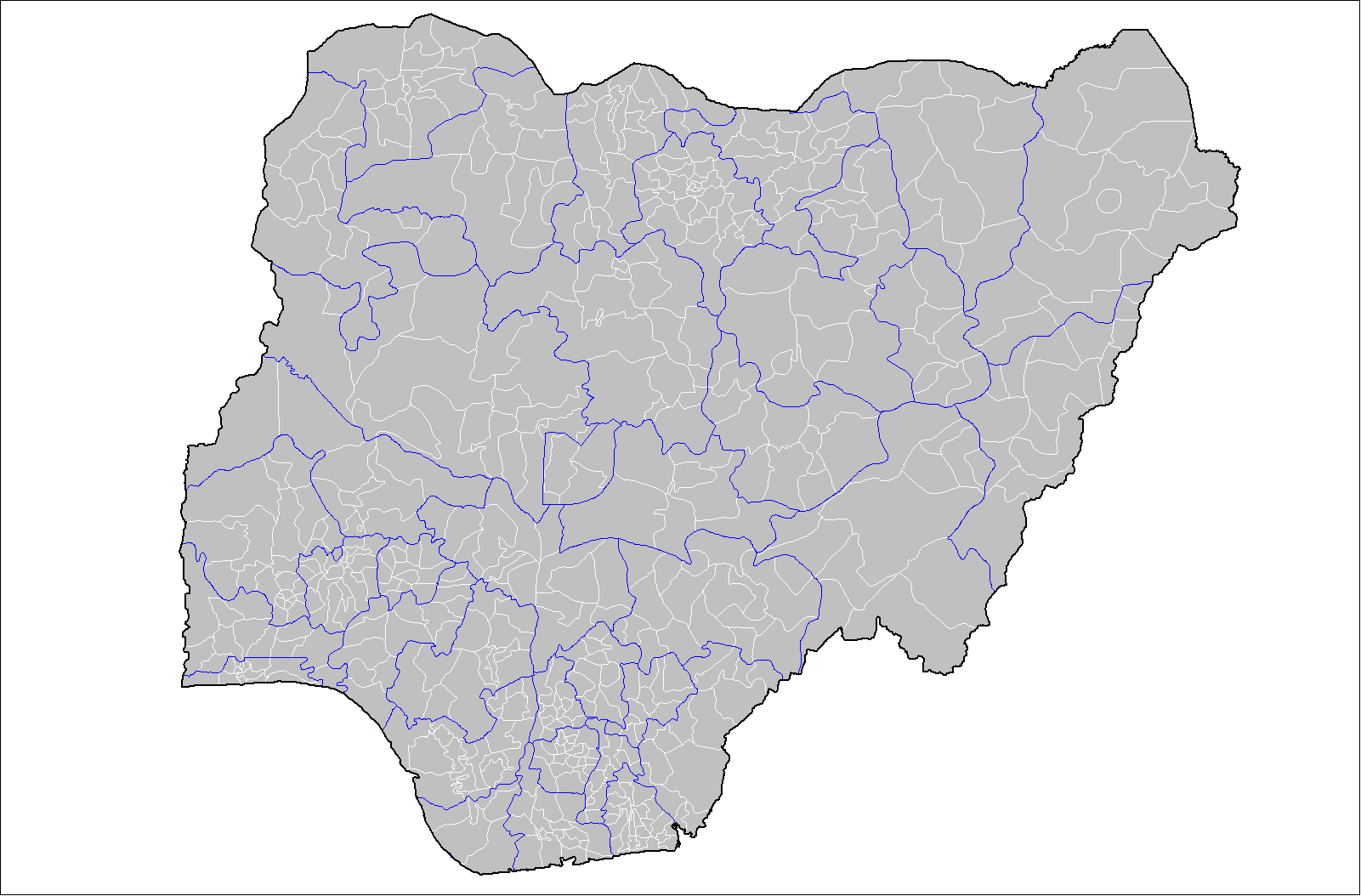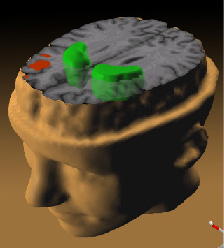|
Esit Eket
Esit Eket is a town and Local Government Area of Akwa Ibom State, southern Nigeria. The administrative center of Esit Eket Local Government Area is situated in the town of Uquo, which is located within the Akwa Ibom South Senatorial Zone of the state, the Local Government Area comprises Uquo, Etebi, Akoiyak, Atia, Ekpene Obo, Ikpa, Edo, Akpautong, Afaha Ekpene Edi, Ntak Iyang, Odoro Nkit, Udua Akok, Uqua Isi Edoho, and Ebe Ekpi as its constituent areas. Esit Eket Local Government is highlighted on the country's map. There is a growing advocacy for the establishment of a development commission to address the needs of oil-producing communities in Akwa Ibom. This information is sourced from an article by Cletus Ukpong. State Assembly Members Three State Assembly Members serve as your representatives in the Akwa Ibom State Assembly. They are responsible for various areas, including budget, culture, sport and tourism, health, planning, transport, and roads. Here are the repr ... [...More Info...] [...Related Items...] OR: [Wikipedia] [Google] [Baidu] |
Local Government Areas Of Nigeria
Nigeria has 774 local government areas (LGAs), each administered by a local government council consisting of a chairman, who is the chief executive, and other elected members, who are referred to as councillors. Each LGA is further subdivided into a minimum of ten and a maximum of twenty wards. A ward is administered by a councillor, who reports directly to the LGA chairman. The councillors fall under the legislative arm of the local government, Local Government, the third tier of government in Nigeria, below the state governments and the federal government. Functions The functions of local governments are detailed in the Constitution of Nigeria, Nigerian constitution and include the following: * Economic recommendations to the State. * Collection of taxes and fees. * Establishment and maintenance of cemeteries, burial grounds and homes for the destitute or infirm. * Licensing of bicycles, trucks (other than mechanically propelled trucks), canoes, wheelbarrows and carts. * Esta ... [...More Info...] [...Related Items...] OR: [Wikipedia] [Google] [Baidu] |
Tourism
Tourism is travel for pleasure, and the Commerce, commercial activity of providing and supporting such travel. World Tourism Organization, UN Tourism defines tourism more generally, in terms which go "beyond the common perception of tourism as being limited to holiday activity only", as people "travelling to and staying in places outside their usual environment for not more than one consecutive year for leisure and not less than 24 hours, business and other purposes". Tourism can be Domestic tourism, domestic (within the traveller's own country) or International tourism, international. International tourism has both incoming and outgoing implications on a country's balance of payments. Between the second half of 2008 and the end of 2009, tourism numbers declined due to a severe Economy, economic slowdown (see Great Recession) and the outbreak of the 2009 2009 flu pandemic, H1N1 influenza virus. These numbers, however, recovered until the COVID-19 pandemic put an abrupt end to th ... [...More Info...] [...Related Items...] OR: [Wikipedia] [Google] [Baidu] |
Legislation
Legislation is the process or result of enrolling, enacting, or promulgating laws by a legislature, parliament, or analogous governing body. Before an item of legislation becomes law it may be known as a bill, and may be broadly referred to as "legislation" while it remains under consideration to distinguish it from other business. Legislation can have many purposes: to regulate, to authorize, to outlaw, to provide (funds), to sanction, to grant, to declare, or to restrict. It may be contrasted with a non-legislative act by an executive or administrative body under the authority of a legislative act. Overview Legislation to design or amend a bill requires identifying a concrete issue in a comprehensive way. When engaging in legislation, drafters and policy-makers must take into consideration the best possible avenues to address problem areas. Possible solutions within bill provisions might involve implementing sanctions, targeting indirect behaviors, authorizing agency ... [...More Info...] [...Related Items...] OR: [Wikipedia] [Google] [Baidu] |
Country
A country is a distinct part of the world, such as a state, nation, or other political entity. When referring to a specific polity, the term "country" may refer to a sovereign state, state with limited recognition, constituent country, or dependent territory. Most sovereign states, but not all countries, are members of the United Nations. There is no universal agreement on the number of "countries" in the world, since several states have disputed sovereignty status or limited recognition, and a number of non-sovereign entities are commonly considered countries. The definition and usage of the word "country" are flexible and have changed over time. '' The Economist'' wrote in 2010 that "any attempt to find a clear definition of a country soon runs into a thicket of exceptions and anomalies." Areas much smaller than a political entity may be referred to as a "country", such as the West Country in England, "big sky country" (used in various contexts of the American We ... [...More Info...] [...Related Items...] OR: [Wikipedia] [Google] [Baidu] |
Road
A road is a thoroughfare used primarily for movement of traffic. Roads differ from streets, whose primary use is local access. They also differ from stroads, which combine the features of streets and roads. Most modern roads are paved. The words "road" and "street" are commonly considered to be interchangeable, but the distinction is important in urban design. There are many types of roads, including parkways, avenues, controlled-access highways (freeways, motorways, and expressways), tollways, interstates, highways, and local roads. The primary features of roads include lanes, sidewalks (pavement), roadways (carriageways), medians, shoulders, verges, bike paths (cycle paths), and shared-use paths. Definitions Historically, many roads were simply recognizable routes without any formal construction or some maintenance. The Organization for Economic Co-operation and Development (OECD) defines a road as "a line of communication (travelled way) using a stab ... [...More Info...] [...Related Items...] OR: [Wikipedia] [Google] [Baidu] |
Transport
Transport (in British English) or transportation (in American English) is the intentional Motion, movement of humans, animals, and cargo, goods from one location to another. Mode of transport, Modes of transport include aviation, air, land transport, land (rail transport, rail and road transport, road), ship transport, water, cable transport, cable, pipeline transport, pipelines, and space transport, space. The field can be divided into infrastructure, vehicles, and operations. Transport enables human trade, which is essential for the development of civilizations. Transport infrastructure consists of both fixed installations, including roads, railways, airway (aviation), airways, waterways, canals, and pipeline transport, pipelines, and terminals such as airports, train station, railway stations, bus stations, warehouses, trucking terminals, refueling depots (including fuel docks and fuel stations), and seaports. Terminals may be used both for the interchange of passengers and ... [...More Info...] [...Related Items...] OR: [Wikipedia] [Google] [Baidu] |
Planning
Planning is the process of thinking regarding the activities required to achieve a desired goal. Planning is based on foresight, the fundamental capacity for mental time travel. Some researchers regard the evolution of forethought - the capacity to think ahead - as a prime mover in human evolution. Planning is a fundamental property of intelligent behavior. It involves the use of logic and imagination to visualize not only a desired result, but the steps necessary to achieve that result. An important aspect of planning is its relationship to forecasting. Forecasting aims to predict what the future will look like, while planning imagines what the future could look like. Planning according to established principles - most notably since the early-20th century - forms a core part of many professional occupations, particularly in fields such as management and business. Once people have developed a plan, they can measure and assess progress, efficiency and effectiveness. As circu ... [...More Info...] [...Related Items...] OR: [Wikipedia] [Google] [Baidu] |
Health
Health has a variety of definitions, which have been used for different purposes over time. In general, it refers to physical and emotional well-being, especially that associated with normal functioning of the human body, absent of disease, pain (including mental pain), or injury. Health can be promoted by encouraging healthful activities, such as regular physical exercise and adequate sleep, and by reducing or avoiding unhealthful activities or situations, such as smoking or excessive stress. Some factors affecting health are due to individual choices, such as whether to engage in a high-risk behavior, while others are due to structural causes, such as whether the society is arranged in a way that makes it easier or harder for people to get necessary healthcare services. Still, other factors are beyond both individual and group choices, such as genetic disorders. History The meaning of health has evolved over time. In keeping with the biomedical perspective, earl ... [...More Info...] [...Related Items...] OR: [Wikipedia] [Google] [Baidu] |
Sport
Sport is a physical activity or game, often Competition, competitive and organization, organized, that maintains or improves physical ability and skills. Sport may provide enjoyment to participants and entertainment to spectators. The number of participants in a particular sport can vary from hundreds of people to a single individual. Sport competitions may use a team or single person format, and may be Open (sport), open, allowing a broad range of participants, or closed, restricting participation to specific groups or those invited. Competitions may allow a "tie" or "draw", in which there is no single winner; others provide tie-breaking methods to ensure there is only one winner. They also may be arranged in a tournament format, producing a champion. Many sports leagues make an annual champion by arranging games in a regular sports season, followed in some cases by playoffs. Sport is generally recognised as system of activities based in physical athleticism or physical de ... [...More Info...] [...Related Items...] OR: [Wikipedia] [Google] [Baidu] |
States Of Nigeria
Nigeria is a federation of 36 states, each of which is a semi-autonomous political unit that shares power with the federal government as enumerated under the Constitution of Nigeria, Constitution of the Federal Republic of Nigeria. In addition to the states, there is the Federal Capital Territory (Nigeria), Federal Capital Territory (FCT), in which the capital city of Abuja is located. The FCT is not a state, but a territory of the federal government, governed by Federal Capital Territory Administration, an administration headed by List of ministers of the Federal Capital Territory (Nigeria), a minister. Each state is subdivided into Local government areas of Nigeria, local government areas (LGAs). There are 774 local governments in Nigeria. Under the Nigerian Constitution, the 36 states enjoy substantial autonomy but are not sovereign entities, as ultimate authority lies with the federal government. Amendments to the constitution can be proposed by the National Assembly, but ... [...More Info...] [...Related Items...] OR: [Wikipedia] [Google] [Baidu] |
Culture
Culture ( ) is a concept that encompasses the social behavior, institutions, and Social norm, norms found in human societies, as well as the knowledge, beliefs, arts, laws, Social norm, customs, capabilities, Attitude (psychology), attitudes, and habits of the individuals in these groups.Tylor, Edward. (1871). ''Primitive Culture''. Vol 1. New York: J. P. Putnam's Son Culture often originates from or is attributed to a specific region or location. Humans acquire culture through the learning processes of enculturation and socialization, which is shown by the diversity of cultures across societies. A cultural norm codifies acceptable conduct in society; it serves as a guideline for behavior, dress, language, and demeanor in a situation, which serves as a template for expectations in a social group. Accepting only a monoculturalism, monoculture in a social group can bear risks, just as a single species can wither in the face of environmental change, for lack of functional respo ... [...More Info...] [...Related Items...] OR: [Wikipedia] [Google] [Baidu] |
Information
Information is an Abstraction, abstract concept that refers to something which has the power Communication, to inform. At the most fundamental level, it pertains to the Interpretation (philosophy), interpretation (perhaps Interpretation (logic), formally) of that which may be sensed, or their abstractions. Any natural process that is not completely random and any observable pattern in any Media (communication), medium can be said to convey some amount of information. Whereas digital signals and other data use discrete Sign (semiotics), signs to convey information, other phenomena and artifacts such as analog signals, analogue signals, poems, pictures, music or other sounds, and current (fluid), currents convey information in a more continuous form. Information is not knowledge itself, but the meaning (philosophy), meaning that may be derived from a representation (mathematics), representation through interpretation. The concept of ''information'' is relevant or connected t ... [...More Info...] [...Related Items...] OR: [Wikipedia] [Google] [Baidu] |






